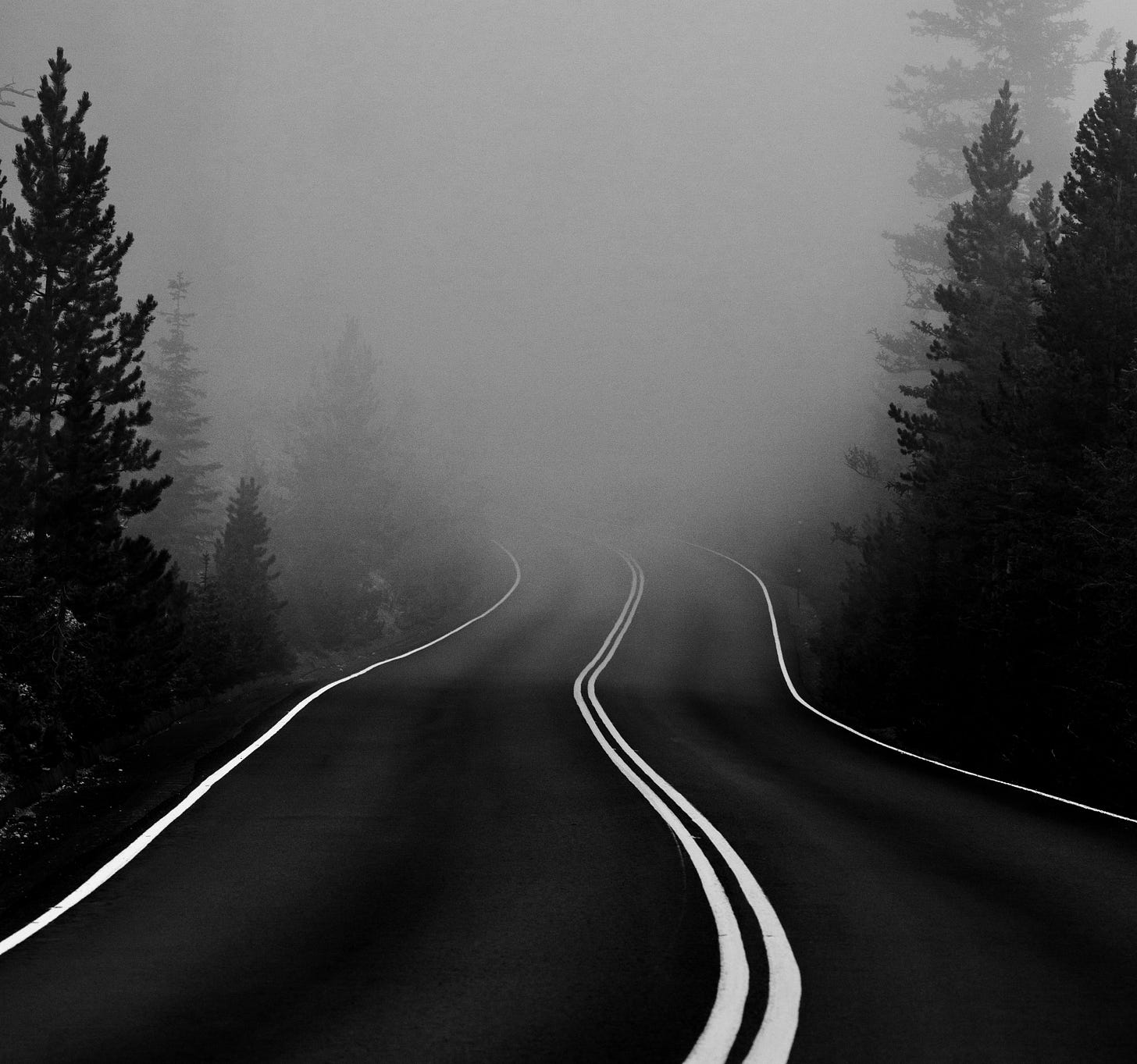I had left two voicemail messages and sent several texts, and then eventually reached out to their oldest son on Instagram, knowing he was active there.
Hey, can you let your mom and dad know I’m trying to get in touch?
The son was happy to help and alert them. And I have no doubt he did just that.
Still, nothing.
A few days later, I sent another text to the friends, and they answered. It was a delayed response, but at least they responded. My old friends wanted to reconnect, were happy to hear from me, and would be in touch in a day or two, they wrote. Great, I answered.
That was nearly two weeks ago.
These were once dear friends. Long time, friends. But after moving away from the town where we all had lived some thirty years ago, distance—as it often does—made the friendship more difficult. Children, family, careers, and just the flow of life got in the way.
The last time I spoke with them was four years ago. I hadn’t seen them in more than 10 years prior to that. But recently, one night after reading a short story about an old man who had reconnected with a once dear high school friend with whom he had lost touch many years before, I found myself thinking about my old friends. A few, even though we live hundreds of miles apart, still checked in from time to time, mostly in a quick text or a Facebook post, a sort of reach-out-and-touch moment. Not very deep, but at least we connected. The friends I had recently reached out to were not active on social media. Partly for that reason, and many others, our connective tissue had virtually disappeared.
The last time we were emotionally close was another lifetime. So much has changed. We were young then, maturing as adults, and our friendship was germinating and blooming, growing like a massive oak, the century old trees that are impossible to bring down. And because of that, despite the years of very little communication, it seemed one buried root of the relationship remained.
Now, however, I wonder.
I have always believed that people come into our lives at specific times for reasons. And as we develop as people, sometimes those we believed so necessary and important are no longer either of those things. This is not to say that they were never integral in our lives at one time. But at some point, sometimes, those same friends that once we could not live without are no longer what they used to be. And neither are we.
I have another old friend who years ago faded fast out of my sphere. It seemed he gave up on any effort to keep the friendship going. I was the only one offering to feed it. He just stopped. I had to let that go and had to realize, for whatever reason, he didn’t have the bandwidth to continue to nurture what we once shared. I cherish the time we had and wish him no ill will. It’s his life, and I hope he is happy. Still, it was another disappearing act. One of a different nature, but nevertheless it left a hole in my heart. All the disappearing acts do—big ones, tiny ones, some barely detectable. Still, when something vanishes—the laws of science say—some other energy takes its place. This goes for people, too. Maybe the new energy is a new hobby, a new career, or maybe a new friend. Or maybe a child is born, a puppy comes through the door, or there is a monumental shift in one’s health. There certainly is a justified reason that the friends with which I recently attempted to reconnect have not yet returned my latest communication. Goodness, there are hundreds of things in a life that can be far more important, relevant, and urgent than an old friend calling out of the blue.
Not long ago, the Interpersonal Communication Department of Ohio University conducted a study of friendship. It found that no matter our age—teenagers to those as old as 100—we all describe friendship in the same way: someone to talk to, someone to depend on, and someone to enjoy. The expectations remain the same over a lifetime, but the circumstances under which we cultivate our friends change. As we move through the years, we make and keep friends in different ways. Some of us are independent and make friends wherever we go. Others are more discerning; they have a few best friends and stay close, and the deep investment means a loss of a friend is usually difficult. And there are also what one might call “the gatherers,” the people who stay in touch with old friends but continue to make new ones.
I wonder, where do those who disappear from our lives fall in this equation? Why is it that friends—once so dear—fade or run or hide away? It’s a hard question to answer because there are undoubtedly as many answers as there are old friends. Henry David Thoreau may have had it right. “The only danger in friendship,” he said, “is that it will end.”
I haven’t yet heard from my old friends. I hope I do. I hope everything is all right. I hope they are healthy and happy. But the truth is, maybe I won’t hear from them for a long time, and there is the possibility that I may never hear from them again.
I’ve come to terms with this. It will be okay either way. Sometimes the disappearance of one thing allows for the appearance of something new.
Photo: Photo by Katie Moum




